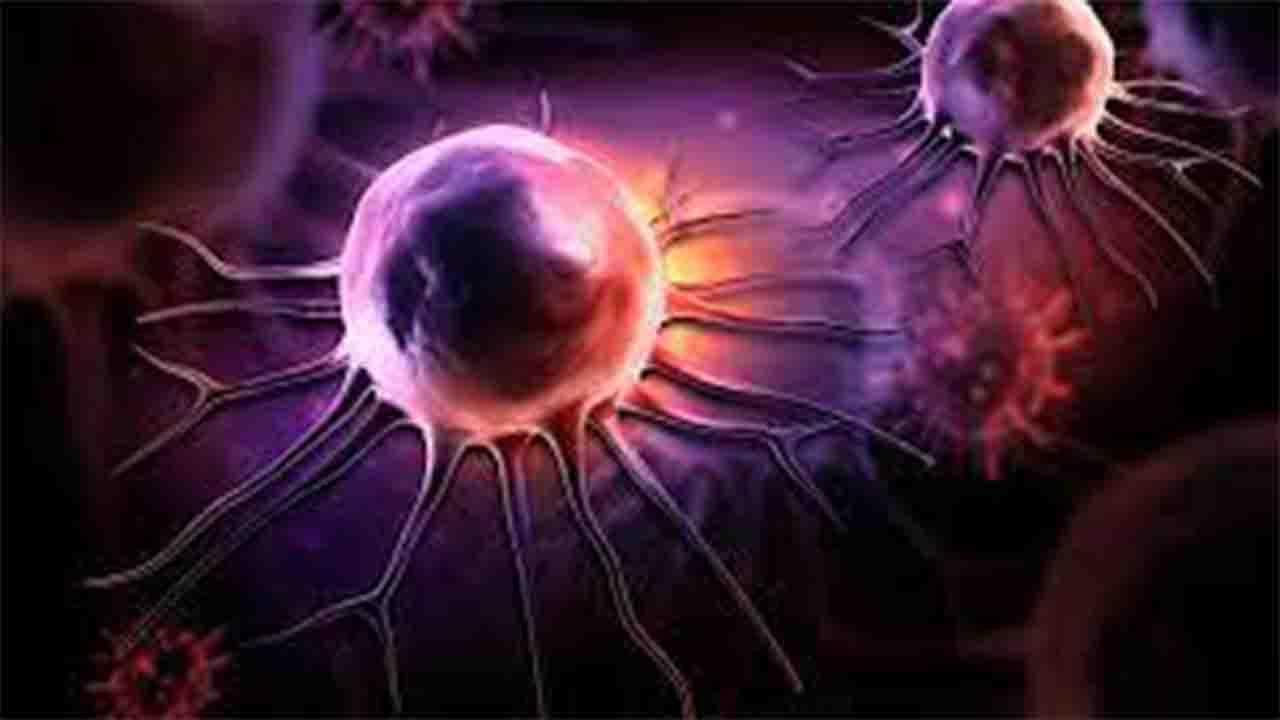Australia (Commonwealth)_Greetings from the realm of scientific innovation down under! ?? An extraordinary collaboration has blossomed between the brilliant minds at the University of California San Diego (UCSD), the South Australian Health and Medical Research Institute (SAHMRI), and the Adelaide Medical School. They’ve taken a leaf out of nature’s book to engineer a bacteria, a tiny detective if you will, that’s able to lend its remarkable talents to the fight against gastrointestinal cancers and those sneaky precancerous lesions.
Picture this: they’ve tweaked a soil bacterium called Acinetobacter baylyi, making it something of a cancer whisperer. Using the cutting-edge CRISPR technology (which is like gene editing magic), they’ve given this little champ the power to detect and embrace DNA fragments released by colorectal tumors. It’s as if the bacteria are holding up their microscopes and whispering, “Hey, there’s something not quite right over here!” ??
Now, here’s the real science magic: they’ve incorporated a colorectal cancer-promoting gene called KRAS into the bacterium’s DNA. This allows the bacteria to connect the dots and alert the researchers when they come across this dodgy gene. It’s like the bacteria have become DNA detectives, helping the researchers catch those slippery early signs of cancer.
What’s even more exciting is that this technology, aptly named CATCH (Cellular Assay of Target CRISPR-discriminated horizontal gene transfer), could potentially revolutionize disease detection. Imagine not needing to purify and isolate DNA fragments for diagnosis – the bacteria do the detective work for us!
While the initial focus was on colorectal cancer, the future is shimmering with possibilities. Biomedical scientist Susan Woods, one of the masterminds behind this Aussie innovation, suggests that CATCH could potentially be trained to sense out other disease-causing culprits. It’s like the bacteria are morphing into an elite disease-fighting squad, tracking down those troublemakers hiding in our bodies.
Of course, this adventure is far from over. The journey from bacteria to human trials is like a scientific odyssey in itself. The researchers are taking mindful steps forward, considering safety implications and the adaptation of the bacteria to human environments. After all, this bacterium has been more accustomed to playing in the soil, so joining the human world is a big leap.
As we venture into this exciting frontier, let’s raise a toast to the scientific pioneers in Australia and beyond. ? Their innovation is like a beam of hope, illuminating a path towards more effective disease detection and potentially even saving lives. So, keep your eyes on the horizon, because the future looks bright, my friends! ???








